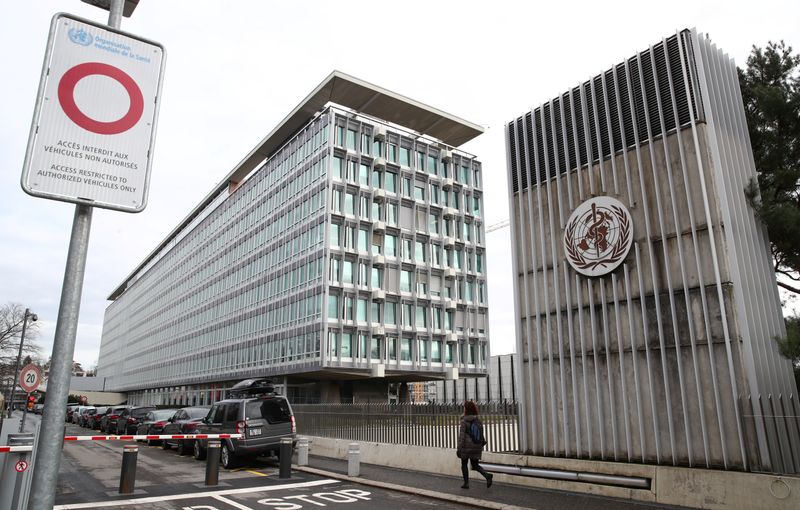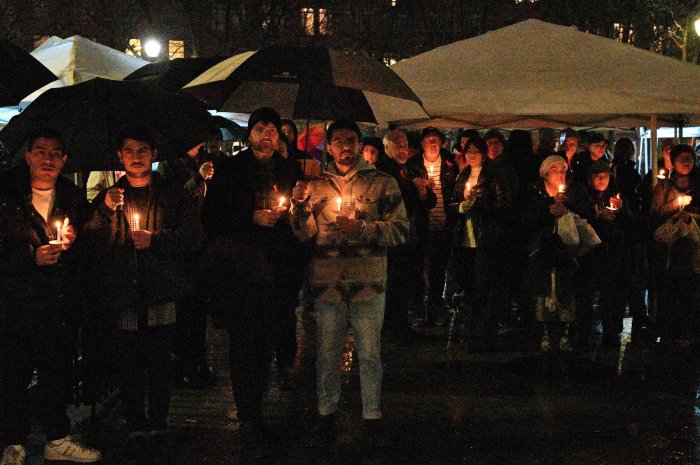GENEVA (Reuters) – An oversight panel called on Thursday for reforms at the World Health Organization (WHO) including “predictable and flexible” funding and setting up a multi-tiered system to warn countries earlier about disease outbreaks before they escalate.
The independent experts said it was essential to preserve the U.N. agency’s “neutrality and political independence” in tackling outbreaks, but did not refer directly to China or the United States.
“It will be necessary for the organization to undertake yet further reform to allow it to become the guardian of global public health. This, then, must be seen as a defining moment for global community health,” they said in a report.
The WHO has led the global response to the novel coronavirus pandemic that has infected 48 million people and killed more than 1.2 million since it emerged in China late last year.
The Trump administration has accused the organization of being a “puppet of China” and decried an “apparent attempt to conceal” the outbreak. WHO Director-General Tedros Adhanom Ghebreyesus has denied this and said it “sounded the alarm early and often”.
The oversight panel chaired by Felicity Harvey is due to report to WHO’s annual ministerial meeting that resumes virtually on Monday after a shortened session last May.
Reuters reported in March that the WHO was considering changing the way it classifies and describes international epidemics.
Its current one-level system relies on declaring a PHEIC, or a public health emergency of international concern, but there have been calls for a more graded approach to capture different levels of severity.
The experts called for “a graded system with clear criteria … to make it possible to alert and engage the wider international community at an earlier stage in a health crisis”.
They found a “significant discrepancy between member states’ financial contributions and their expectations” of WHO’s Emergency Programme. Set up in 2016, the programme has some 1,000 staff with another 500 jobs vacant due to shortfalls.
“The result is a constant struggle to mobilize resources, with staff forced to juggle competing priorities simultaneously,” the report said.
(Reporting by Stephanie Nebehay; Editing by Bernadette Baum)
























